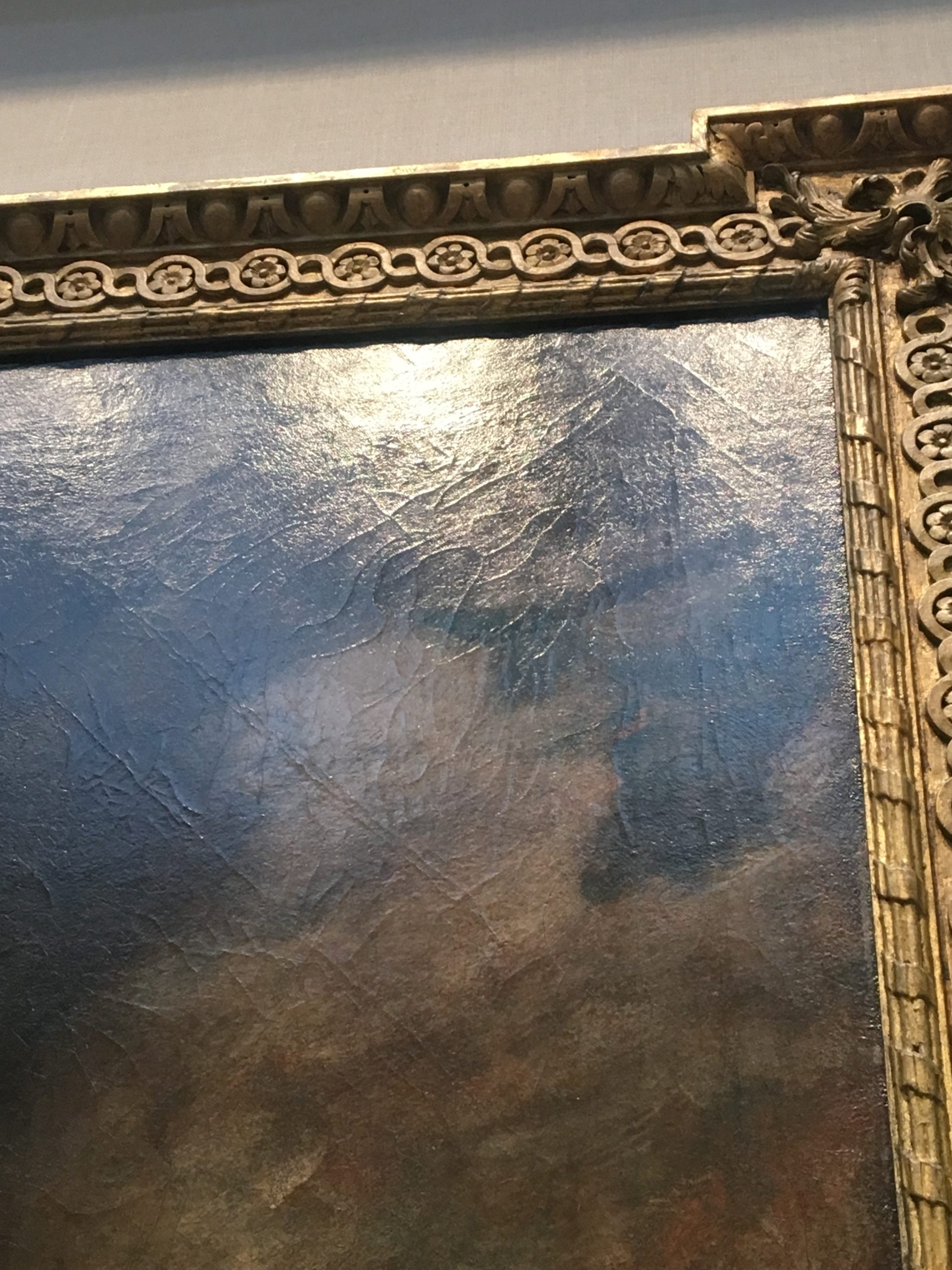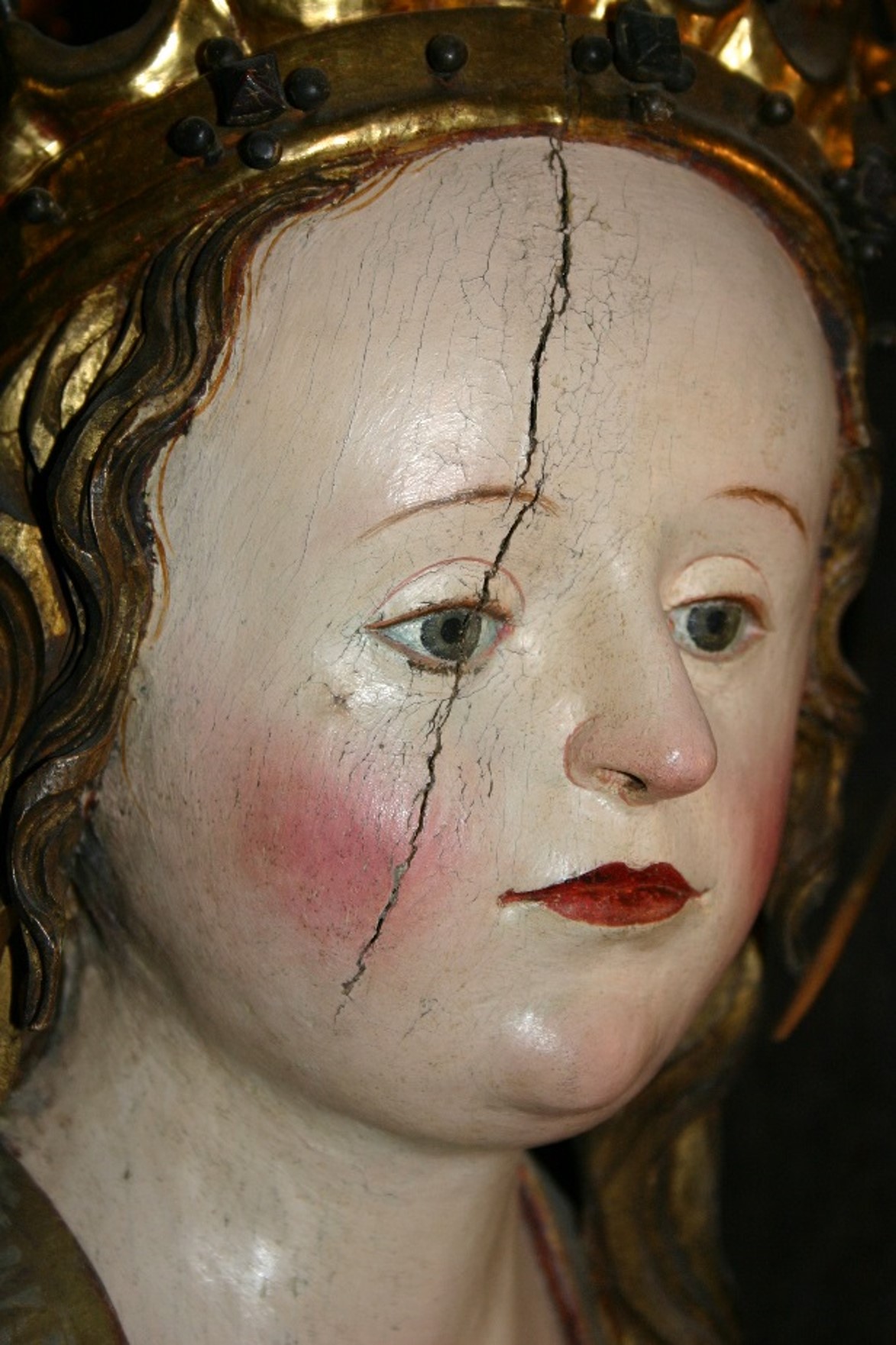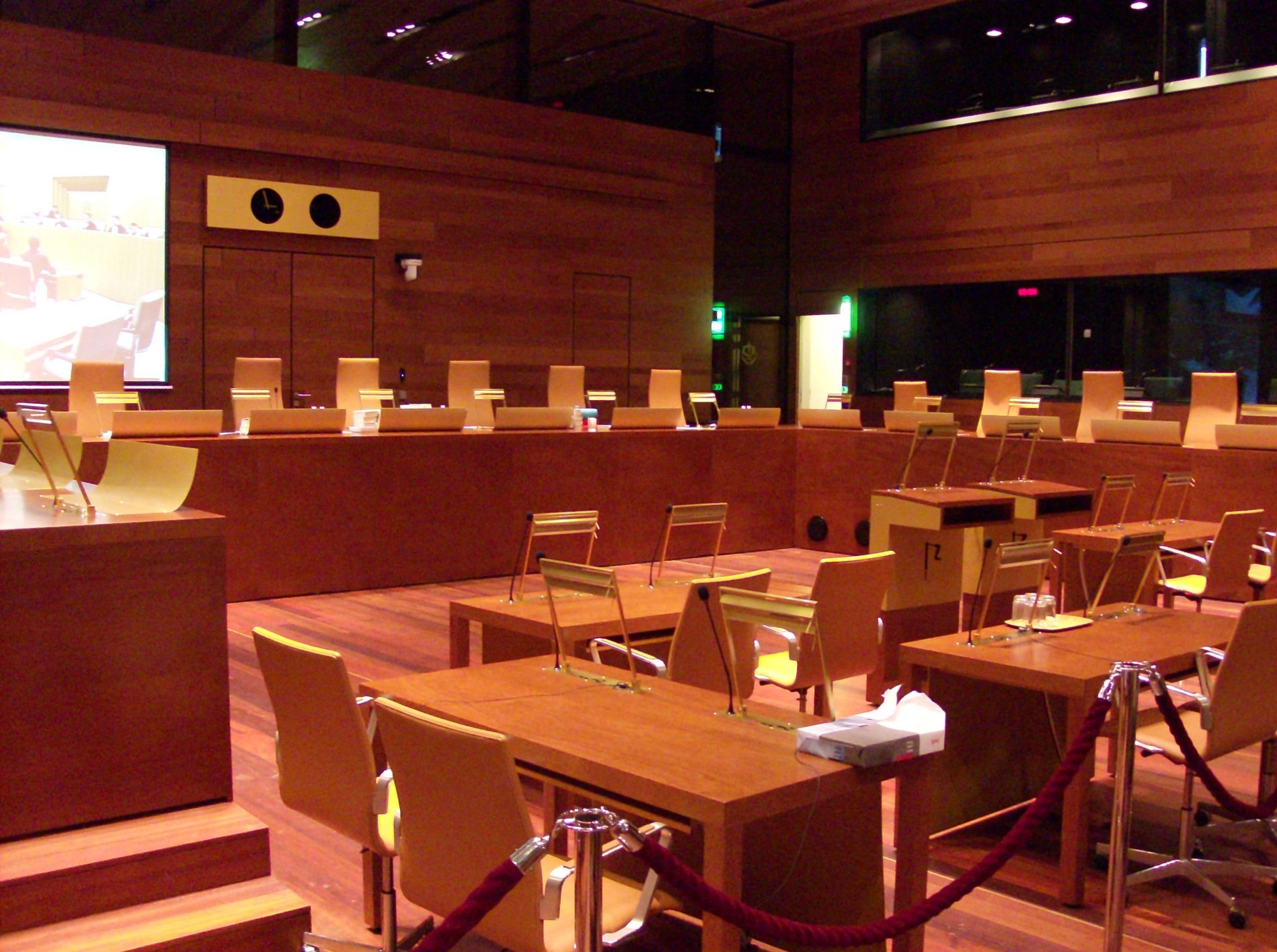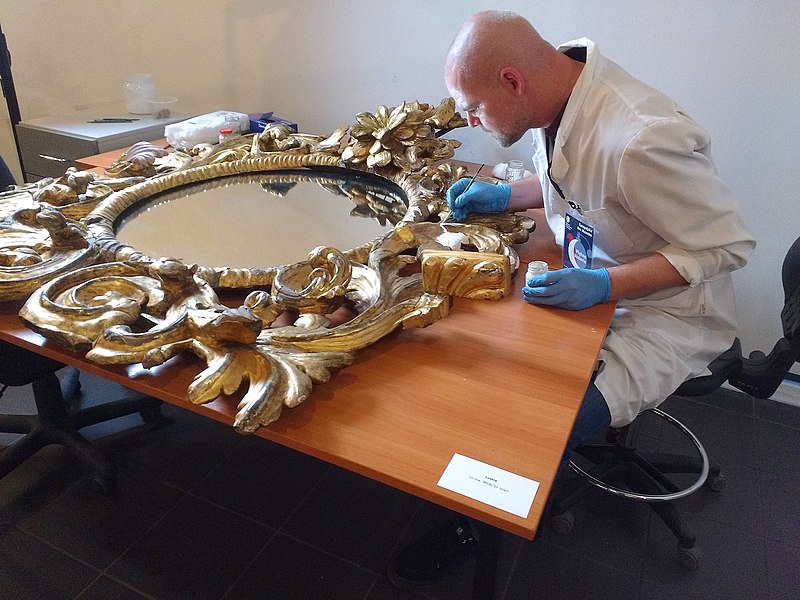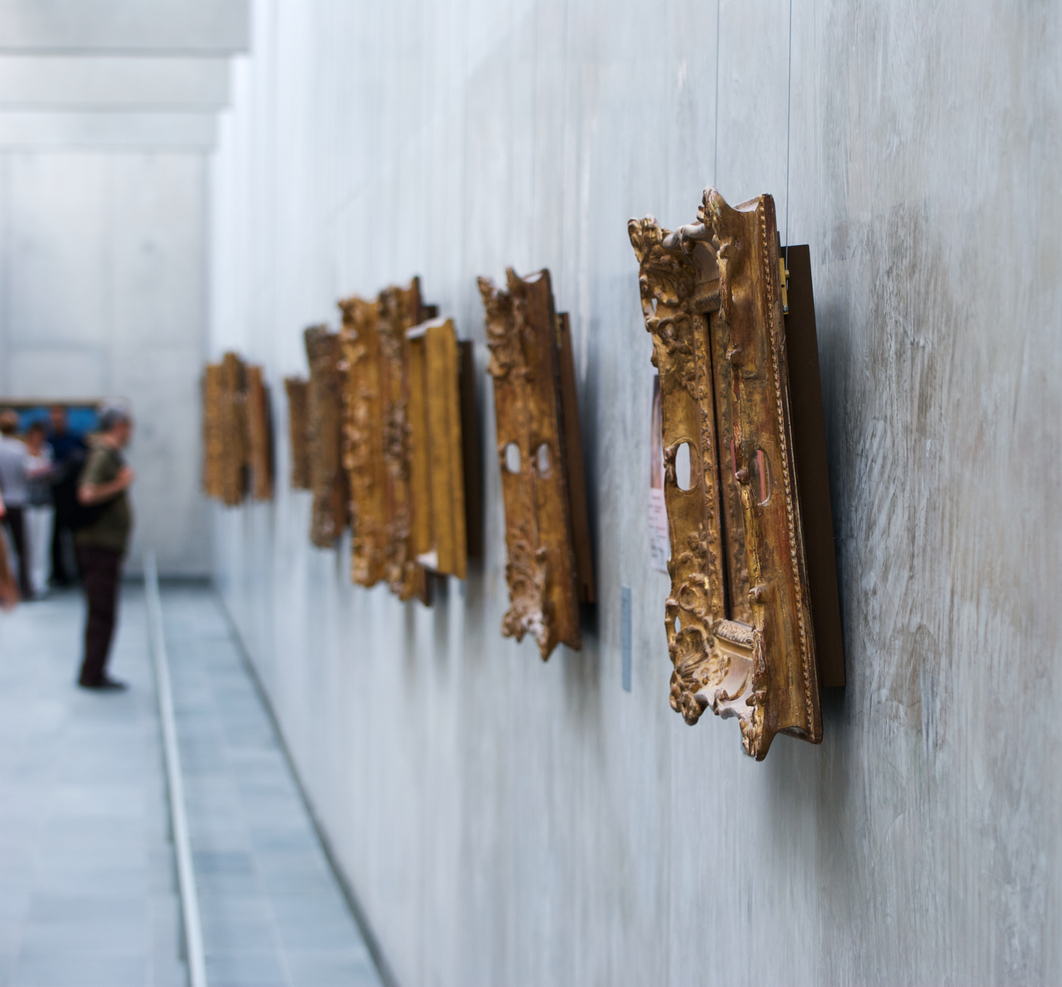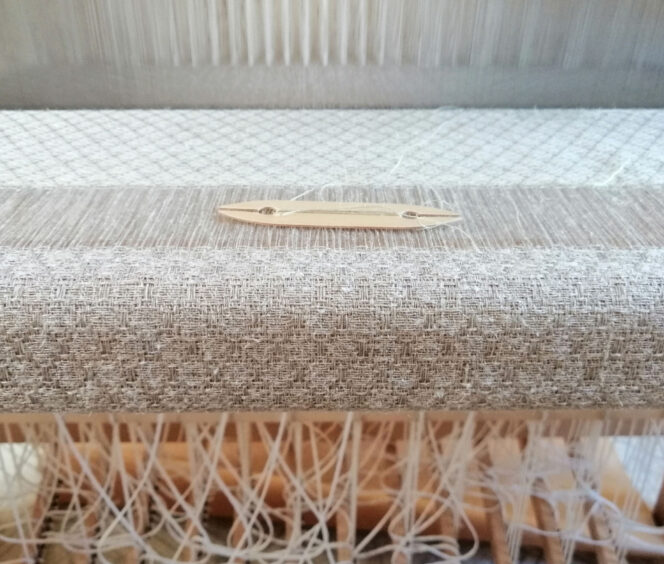
Poland
Poland actively participates in the HERA Network and seeks further involvement in European cultural heritage partnerships. The National Institute for Museums and Public Collections (NIMOZ) engages in international debates on museum management, connects Polish museums globally, and tracks looted antiquities. Funding for heritage research comes from the NCN and initiatives like the IDUJ at Jagiellonian University and the E-RIHS at Nicolaus Copernicus University. Polish engagement in EU projects, such as Horizon Europe, aligns national priorities with European programs and promotes Polish achievements internationally. Challenges in transnational cooperation and funding highlight the need for harmonized financing and broader thematic calls. Dedicated funding streams for cultural heritage would enhance these efforts.
Research strategies and priorities
Poland is active in the HERA Network (through the NCN) and is seeking to be involved in a future European Partnership on Cultural Heritage or other similar networks and larger organisations.
Drawing upon a strong presence of Central European states at the European and global levels, National Institute for Museums and Public Collections (NIMOZ) is actively participating in debates on museums and public collections management, as well as highlighting Poland’s cultural heritage assets on the international scene. In addition, it aims at connecting Polish museums to international ones and to track looted antiquities in/from Poland.
Programmes and calls for cultural heritage
NCN is providing funding for heritage research projects under the broader sphere of the humanities. Heritage can also exist through smaller initiatives or activities are mentioned, such as IDUJ (UJ Initiative of Excellence program) within Jagiellonian University.
The Institute of Physics from Nicolaus Copernicus University opens a yearly call through the E-RIHS initiative.
There are two ongoing regular Horizon Europe projects (2024), one of which is focused on the study of works by the Old Masters.
EU joint actions: state of the art and future opportunities
EU Work Programmes interactions with national/regional level
EU Work Programmes have influence Polish programmes and calls, and EU priorities can address national or /and regional priorities.
European actions’ added value
Engaging in international initiatives allows Polish museums to keep track of the latest trends in museums worldwide and to publicise them in Poland, while simultaneously boosting the activity within the Polish museum sector and promoting its most significant achievements on the international stage.
Looking ahead
In terms of transnational cooperation, Polish heritage researchers sometimes face restraint due to practical aspects and restrictions, as in some instances their expenses cannot be covered by projects abroad – hence the need for harmonizing the funding mechanisms across countries. In addition, it would be useful for the Polish heritage environment to engage in calls with a broader thematic.
Last but not least, the existing funding streams could benefit from dedicated lines to cultural heritage.

